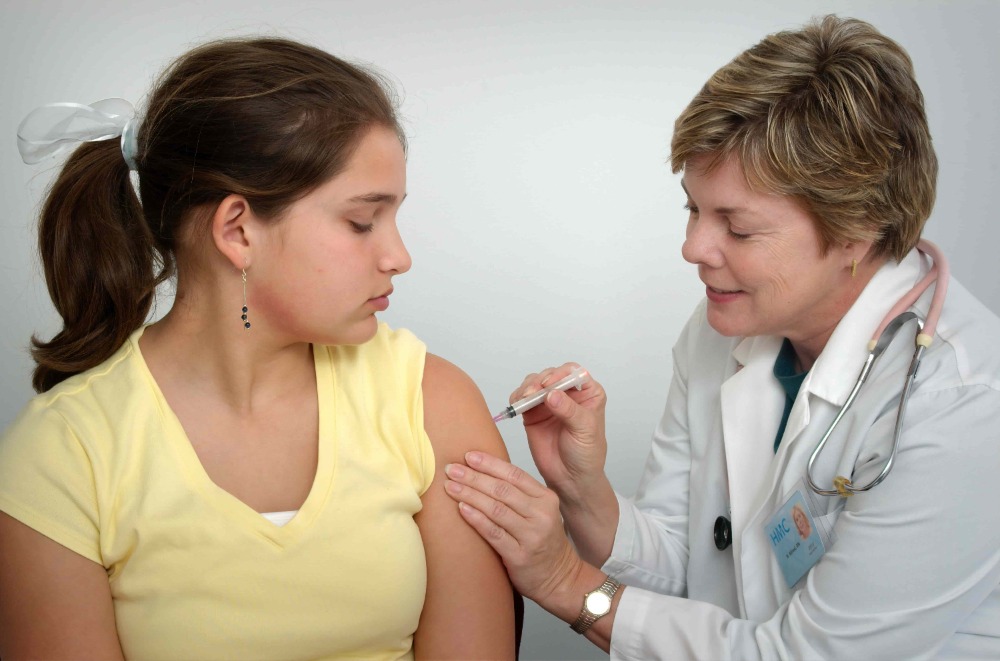Of course, visiting a doctor is the last thing on most people’s minds. No matter how much we don’t want to visit a clinic or a hospital, regular check-ups can always provide the care you need. When you get checked up regularly, any developing conditions can be pointed out.
One of the most common causes of underlying worse medical conditions is that we get diagnosed when it’s too late. Even with cancers of many types, early diagnosis can be the lifesaver you need. Other conditions such as breathing problems, backaches, and many infections are always dealt with better when you know about them nice and early.
How often should you visit a doctor for a routine check-up? The answer may vary with a lot of factors. However, frequent visits can without a doubt be very helpful. Read below to find out more about how often you should visit and some other details:
What Should Be the Frequency of Your Visits?
Different people will be advised to visit with different frequencies. If you have been diagnosed with any long-running condition, you might even have to get monthly or weekly visits. For all other people, the frequency of visits is highly dependent on age. Risk of contracting disease and age are the two most significant factors:
30 or Younger
When you are under the age of 30, the frequency of doctor visits is much less than the years to come. If you are in Bronx, NY, you will only need to visit your family doctors in Bronx once every two to three years. This is the case for people with no diagnosed lurking conditions of course.
Disease prevention for the years to come and to live a healthy lifestyle should be discussed with the doctor. When traveling internationally, you might need certain vaccinations. For women, there should be a preference for cervical cancer screening on each visit.
Age Group 30-40 Years
When in the age bracket of 30-40 years, you should focus on getting annual physical examinations. Make common conditions start to develop in this age bracket. Diabetes, hypertension, and obesity are just a few to name. These can often be detected by the doctor when you visit regularly if developing.
In the case of women, breast cancer often becomes a threat when nearing 40 years of age. Early symptoms do occur for many different conditions. Be sure to get annual check-ups at your health clinic where you live.
50 And Above
Once you cross that 50 years of age, doctor visits simply become more frequent on their own. Getting colonoscopies performed that would screen for colon cancer becomes very important. For women over 50 years of age, discussing the benefits of mammograms with your family doctors becomes significant too.
65+ people will always be at higher risks of certain age-related illnesses. Hospitalizations might also be needed for pneumonia or flu conditions. Pneumococcal vaccines and regular influenza vaccines will become much more important for people in this age group.
For people with excessive weight or ones that have a family history of certain diseases, check-ups should happen more frequently. During visits, these people should discuss their history or conditions in full detail.
What Should a Check-Up Include?
Physical examinations of different natures should always be included in all check-ups that you get. Some other must include check-up things should always include:
- Temperature, weight, height, blood pressure and pulse rates. These should be compared with the previous values for consistency.
- Family doctors in Bronx of any other place that you live should also listen to your heartbeat and lungs. They should also look closely at your skin to see any signs of cancer. Cervical cancer screening should be done for some women as well. People over 50 should also be screened for colon cancer.
- Once you get to your health care clinic in Bronx, you should also sit down with the doctor to have verbal discussions. Any recent illnesses, drugs or medications and amount of alcohol intake should all be discussed.
- Whether or not any family history illnesses and conditions have popped up in you, be sure to discuss them with the doctor as well.
- Some blood tests for conditions such as diabetes and high cholesterol should also be performed for people over 40. At the early stages, discovering suspicious moles by getting a mole check and knowing their underlying reason will lead to a positive outcome for you.
It is always better to get frequent check-ups before any major conditions show up. Early signs can diagnose many conditions much before than actual symptoms. This way, you can stay healthy for a much longer time in your life.

